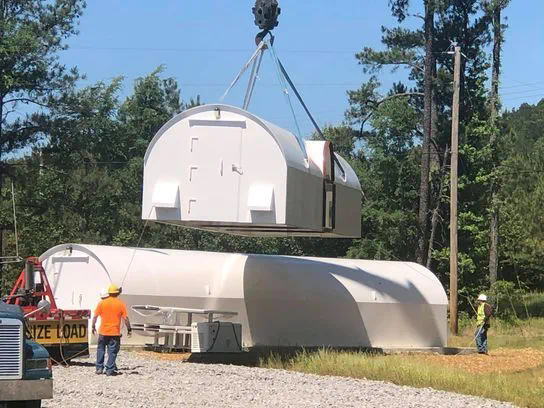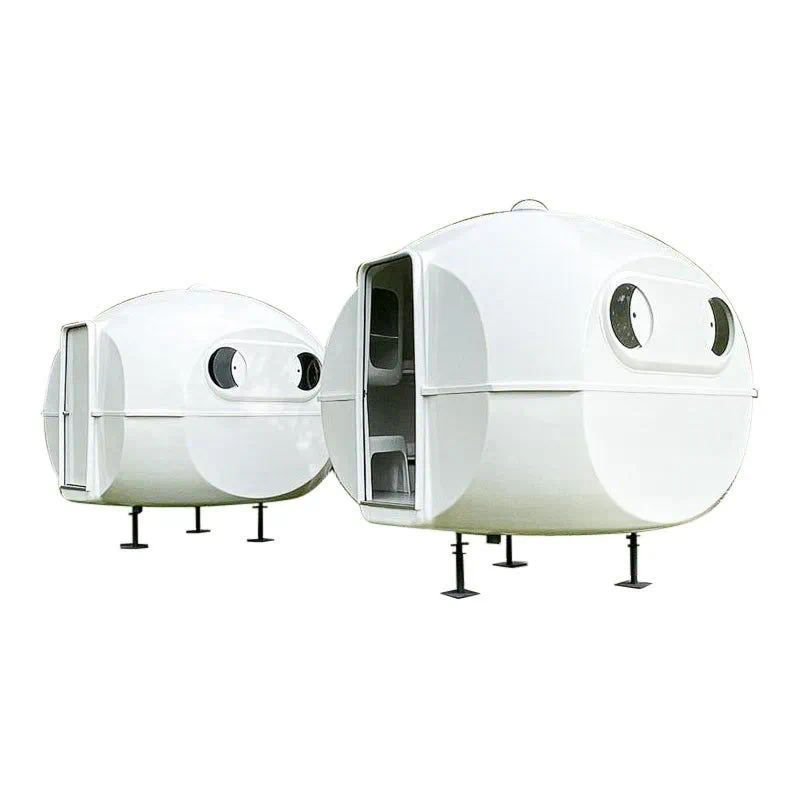Glass lined reactors play a pivotal role in modern food processing industries due to their unique properties that cater to the stringent requirements of this sector. These reactors are specifically designed to handle various processes involved in food production, ensuring safety, efficiency, and quality throughout the manufacturing process.
In the realm of food processing, the application of glass lined reactors has revolutionized production methodologies, offering robust solutions that meet the industry’s demanding standards. This article explores in detail the versatile uses of glass lined reactors in food processing, highlighting their benefits, functionalities, and specific applications across different stages of production.
Overview of Glass Lined Reactors
Glass lined reactors are vessels made from a combination of glass and steel, which provide both the chemical inertness of glass and the strength and durability of steel. These reactors typically consist of a steel shell lined with a glass coating, often formulated with enamel to enhance its resistance to corrosion and physical stress. This unique construction allows glass lined reactors to withstand the harsh conditions encountered in food processing, such as acidic or alkaline environments and high temperatures.
Applications in Food Processing
1. Mixing and Blending
One of the primary uses of glass lined reactors in food processing is in mixing and blending operations. These reactors are equipped with efficient agitation systems that ensure thorough mixing of ingredients, facilitating uniform distribution and consistency in the final product. Whether it’s blending sauces, soups, or beverages, the homogeneous mixing achieved by these reactors is crucial for maintaining product quality and taste.
2. Fermentation
In the production of various fermented foods and beverages like yogurt, beer, and vinegar, glass lined reactors provide an ideal environment for microbial fermentation processes. The inert glass lining prevents reactions between the fermenting agents and the reactor material, ensuring the purity and integrity of the final product. Additionally, the smooth surface of the glass minimizes the risk of bacterial contamination, which is essential for achieving high-quality fermented foods.
3. Cooking and Heat Treatment
Glass lined reactors are widely employed in cooking and heat treatment processes in food production. From cooking jams and confectioneries to pasteurizing dairy products, these reactors offer precise temperature control and heat distribution, facilitating efficient and safe thermal processing. The glass lining’s thermal stability and resistance to thermal shock make it suitable for applications involving rapid changes in temperature, ensuring consistent product quality without compromising nutritional value.
4. Storage and Preservation
Another critical application of glass lined reactors in food processing is in storage and preservation. These reactors can be used for storing various food products, maintaining their freshness and quality over extended periods. The non-reactive nature of the glass lining prevents interactions between the stored food and the container, preserving flavor, aroma, and nutritional de dietrich glass lined reactors content. Furthermore, the corrosion-resistant properties of glass lined reactors ensure long-term storage without compromising food safety.

Benefits of Glass Lined Reactors
Glass lined reactors offer several advantages that make them indispensable in food processing:
– Chemical Inertness: The glass lining prevents glass lined reactor specifications chemical reactions between the food product and the reactor material, ensuring product purity.
– Hygienic Properties: Smooth glass surfaces are easy to clean and disinfect, minimizing the risk of contamination.
– Temperature Control: Efficient heat transfer and temperature control capabilities ensure precise processing conditions.
– Durability: Glass lined reactors are robust and withstand the rigors of continuous operation in food production facilities.
In conclusion, glass lined reactors represent a cornerstone of modern food processing, providing essential capabilities that support the industry’s stringent requirements for safety, quality, and efficiency. From mixing and fermentation to cooking, storage, and preservation, these reactors play diverse roles across various stages of food production. Their unique combination of glass’s inertness and steel’s strength makes them an ideal choice for handling the complex processes involved in producing a wide range of food products. As food processing technologies continue to advance, glass lined reactors are poised to remain at the forefront, ensuring the continued innovation and improvement of food production practices worldwide.


https://manufacturingadvanced.com/